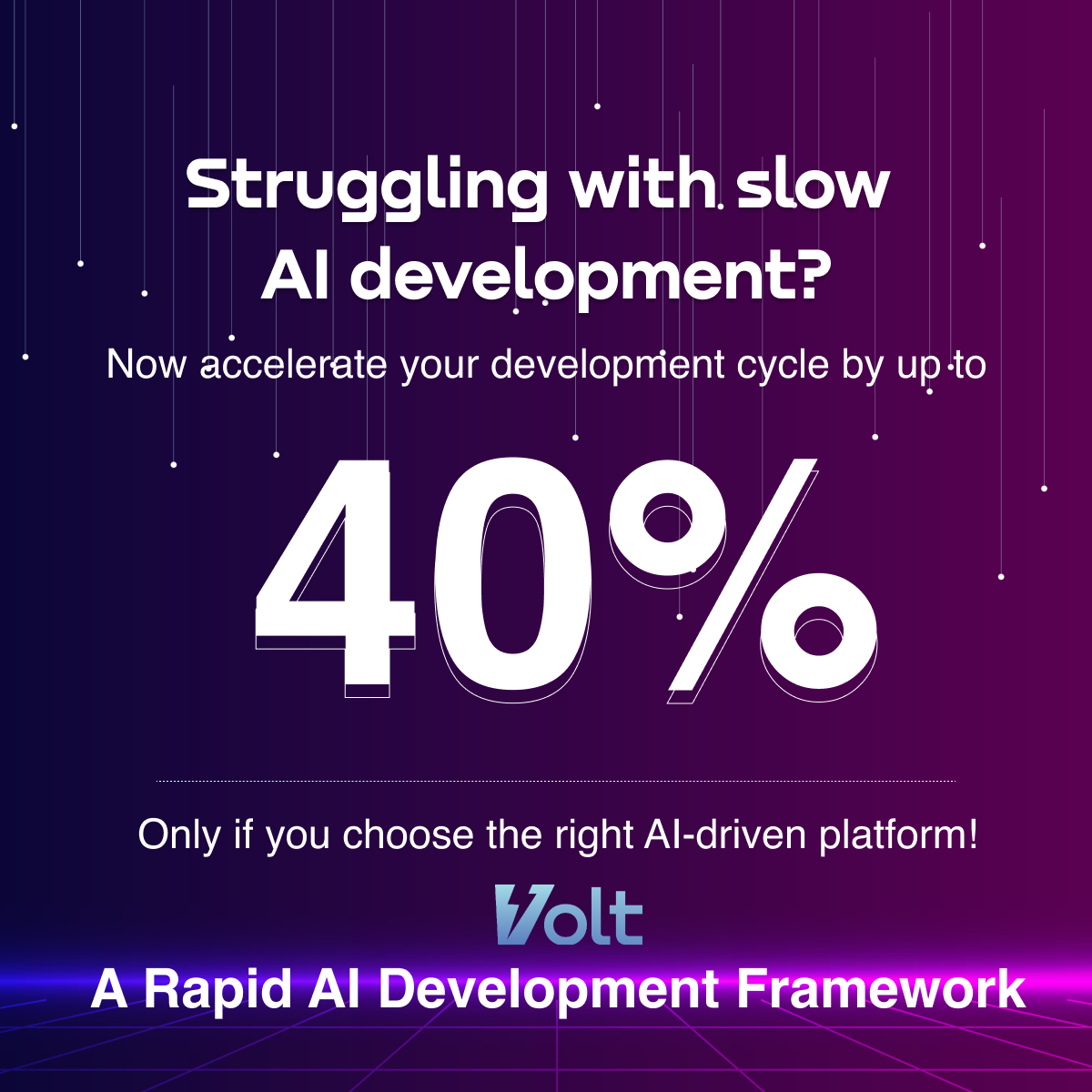Blockchain
Blockchain vs. Traditional Databases: Which is Right for Your Business?
 Updated 01 Nov 2023
Updated 01 Nov 2023

In today’s ever-evolving business landscape, the ongoing debate revolves around the choice between blockchain and traditional databases. Selecting the right option between these two is pivotal for any organization, as it profoundly influences the security, efficiency, and overall success of the business. While blockchain technology was initially renowned for its association with cryptocurrencies, it has transcended its original purpose, expanding its applications to serve a myriad of functions. In response to this evolution, numerous blockchain development service providers have adapted, creating applications that offer exceptional solutions, not only for bolstering security but also for streamlining data management.
Traditional databases, on the other hand, have earned their reputation as a reliable choice for data storage across a multitude of industries. However, for the majority of businesses, the quandary of selecting between blockchain and traditional databases remains a paramount concern. To make this decision, it is crucial to gain insight into the advantages, fundamental distinctions, limitations, and other critical aspects of these two technologies, as this knowledge empowers organizations to make well-informed decisions that align with their specific business requirements.
Before delving into the detailed understanding of the differences, limitations, and use cases of blockchain and traditional databases, let’s first establish the foundational concepts. As a leading blockchain development company, Q3 Technologies stands ready to assist organizations in navigating this crucial decision-making process.
What is Blockchain?
Blockchain is one of the emerging technologies that modernize database mechanisms. It brings the possibility of sharing transparent information within a complete business network. When it comes to Blockchain data, it ensures the storage of data in blocks that are connected through a chain. It is impossible to modify or delete data without getting permission from the network. And this is the reason why data in Blockchain is chronologically consistent.
A Blockchain development company uses Blockchain technology to create an immutable or unalterable ledger for payment, tracking orders, accounts, and many other transactions. The entire system includes a built-in mechanism that ensures full security from various unauthorized transaction entries and creates full consistency in the shared view of transactions.
What are Traditional Databases?
Commonly referred to as relational databases, traditional databases have served as a favored choice for data management among businesses for many years. They work on a fully structured approach to organize and store data in tables with the use of columns and rows. These databases are centralized completely, which means the traditional system stores data in a single location and also manages through a central authority.
Traditional databases generally depend on a fully predefined schema that signifies the data structure and the relationship between different information. Some common examples of traditional databases include Oracle, MySQL, Microsoft SQL Server, and more.
Blockchain vs. Traditional Databases: Key Differences
1. Decentralization
Blockchain: Operates in a decentralized manner, with no single entity in control; transactions are verified and added through consensus, enhancing security and eliminating single points of failure.
Traditional Databases: Data is stored centrally, managed by a central authority, making it vulnerable to system failures and security breaches.
2. Data Structure
Blockchain: Utilizes a chain of interconnected blocks in a chronological order; once data is added, it cannot be deleted or modified without network consensus.
Traditional Databases: Uses a structured format with tables of rows and columns, offering flexibility to update and modify data directly in the database, including overwriting historical data.
3. Security
Blockchain: Known for outstanding security with cryptographic techniques ensuring data immutability and integrity; transactions are extremely difficult to modify, and data access can be controlled with public and private keys.
Traditional Databases: Relies on access control and authentication for data security, though susceptible to unauthorized access and data breaches when compared to Blockchain.
4. Scalability
Blockchain: Frequently faces scalability challenges, particularly in public networks like Ethereum and Bitcoin, causing congestion and slower transaction processing times; solutions are being developed to address scalability issues.
Traditional Databases: Fully scalable for handling a large volume of read and write operations, optimizing performance for various use cases.
5. Transparency
Blockchain: Emphasizes transparency as a core principle, making every transaction visible to all participants in the network, enhancing reliability and traceability, which is valuable in industries where accountability is essential.
Traditional Databases: Controls data visibility based on access roles and permissions, potentially offering less transparency than Blockchain.
Use Cases of Blockchain and Traditional Databases
Use Cases of Blockchain
1. Smart Contracts
Blockchain allows the implementation of self-executing smart contracts and can automate agreements and transactions even without the need for any mediators.
2. Supply Chain Management
Blockchain has the immense ability to improve traceability and transparency in different supply chains. It lets businesses find the exact details of products from the source to their actual destination.
3. Finance Services
Blockchain has great dominance in the financial industry as well. It emerged as a popular option for remittances, cross-border payments, decentralized finance, and more.
4. Healthcare
Blockchain has the power to manage electronic health records securely assuring data privacy for patients and also interoperability among different healthcare providers.
5. Identity Verification
You can use Blockchain to secure and verify identity management while minimizing fraud and identity theft.
Some Use Cases for Traditional Databases
1. Customer Relationship Management
Traditional databases are the most appropriate for storing and retrieving customer information and interactions.
2. Content Management
Managing content is crucial when it comes to websites or any digital platforms. With traditional databases, one gets the absolute power to manage content for websites and digital platforms.
3. Enterprise Resource Planning
If we talk about traditional databases, these are indeed apt for managing even complex business processes smoothly in some large organizations.
4. Human Resources
Traditional databases are also useful in managing human resources efficiently. Be it managing payroll, employee records, or HR-related data, one can use traditional databases for multiple purposes in human resources.
5. eCommerce
Whether you need to tackle user profiles, larger product catalogues, or transaction data, a traditional database is useful in eCommerce for various purposes.
Blockchain vs. Traditional Databases: Benefits and Limitations
Benefits of Traditional Databases
Highly Scalable
Traditional databases can efficiently handle large volumes of data.
Highly Mature Ecosystem
Traditional databases benefit from a well-established ecosystem, including a wide range of technologies, tools, and expertise.
Performance
Traditional databases can be optimized for improved performance in read and write operations.
Flexibility
They allow dynamic modifications of schemas and data structures.
Limitations of Traditional Databases
Limited Transparency
Traditional databases lack the transparency and auditability provided by Blockchain.
Security Vulnerabilities
They are susceptible to security vulnerabilities and breaches if not adequately protected.
Performance
Traditional databases can be optimized for improved performance in read and write operations.
Centralization
Traditional databases’ centralization makes them vulnerable to single points of failure.
Benefits of Blockchain
Minimized Intermediaries
Blockchain reduces the need for intermediaries, leading to cost savings and faster transactions.
Improved Security
Blockchain employs cryptographic techniques and decentralization, enhancing security and resistance to tampering.
Worldwide Accessibility
The blockchain network is globally accessible, facilitating cross-border transactions with high efficiency.
Transparency
Blockchain is renowned for its transparency, providing an auditable ledger of transactions that enhances trust among participants.
Limitations of Blockchain
Regulatory Uncertainty
The regulatory environment for cryptocurrencies and Blockchain varies regionally and often remains uncertain.
Scalability Challenges
Public Blockchain networks face scalability issues, resulting in slow transaction processing, especially during high-demand periods.
Complexity
Implementing Blockchain technology can be highly complex and often demands specialized knowledge and expertise.
Conclusion
After reviewing the comprehensive comparison above, you’ve likely delved into the myriad advantages, drawbacks, and constraints of both Blockchain and traditional databases. By now, you might have even reached a decision regarding the ideal choice for your unique needs. Regardless of your selection, it’s crucial to base your final decision on your core business objectives and requirements.
As a specialized Blockchain app development company, Q3 Technologies possesses the expertise to harness the full potential of both Blockchain and traditional databases. You can consult with us to seamlessly implement these technologies in your business, ensuring you reap maximum benefits.
Explore More

Mobile Applications


